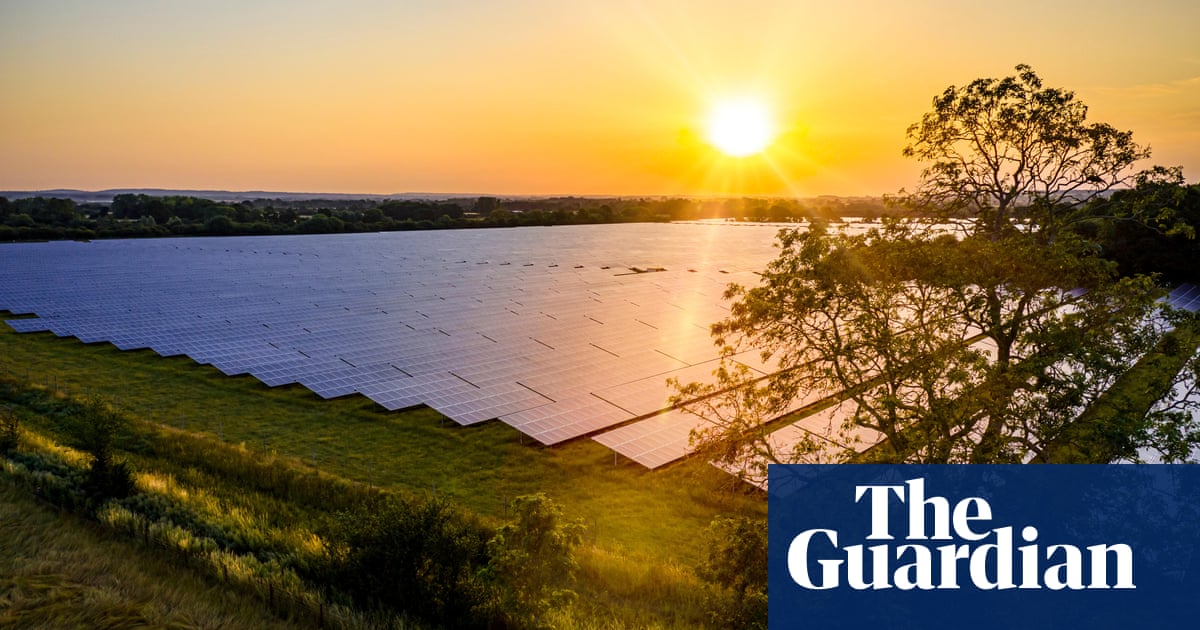
Southeast Asian nation is one of the world’s largest emitters of greenhouse gas
Transportation makes up about 44 percent of total energy consumption
JAKARTA: Indonesia is considering allocating $320 million from next year’s budget to encourage purchases of electric vehicles, a senior minister said on Wednesday, as the country trails in the transition to clean energy.
The Southeast Asian nation, one of the world’s largest emitters of greenhouse gas, has set a new target to cut emissions levels by almost 32 percent on its own by 2030 — a goal more ambitious than its Paris Agreement pledge — and also hopes to achieve net zero emissions by 2060.
Transportation contributes 44 percent to Indonesia’s total energy consumption, according to official data. To reduce that figure, the government is planning to introduce a cap on prices of electric vehicles in a bid to boost sales.
“This is an incentive that many other countries are already doing, because the key for us is energy transition,” Chief Economics Minister Airlangga Hartarto told reporters in Jakarta on Wednesday.
“We also need to develop our market so that (sales of) electric cars can reach a minimum of 20 percent by 2025, around 400,000 units.”
President Joko Widodo, who also took part in the press conference, said that incentives could help to develop the homegrown EV industry.
“We hope with the incentives our electric cars and electric motorcycles industry in our country will grow,” he said.
Despite the government’s focus on promoting EVs, experts said that Indonesia is still lagging in the shift to clean energy sources.
“Without balancing energy transition from fossil energy sources, especially coal, to clean and renewable energy, this incentive is only going to shift emissions from the transport sector to the electricity sector,” Tata Mustasya, regional climate and energy campaign strategist at Greenpeace Southeast Asia, told Arab News.
“There’s a need to speed up energy transition so that the incentives for hybrid cars and electric motorcycles will actually benefit the efforts to reduce emissions.”
Fossil fuels are the dominant source in Indonesia’s power mix, consisting of more than 87 percent. With Indonesia’s slow transition to clean energy, charging EVs is likely to depend on those unclean sources as well.
“The electricity used to charge our EVs is rather carbon-intensive,” Agus Sari, environmentalist and CEO of Landscape Indonesia, which focuses on sustainable landscape management, told Arab News.
“I think promoting EV is a great policy, but EV comes out of two major policies: energy and mobility. We need to make sure that our EV promotion policy is comprehensively integrated with the two,” he said.
Other countries that introduced EV subsidies have also adopted policies to improve city planning, create walkable urban centers and develop efficient public transport systems, he added.
“For energy, we need to make sure that the source of electricity charging our EVs comes from clean sources, otherwise we only move the pollution, not reduce it.”












